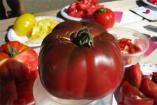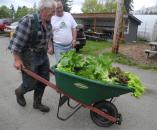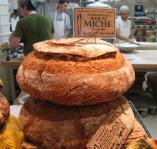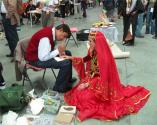I enjoy talking prosody or fine technical points in the context of a workshop, but otherwise I’m not a one to want to discuss poetics with all and sundry. On this matter I was glad to find a kindred spirit in WS Merwin, who made a few seemingly timeless points when his 1956 collection Green With Beasts was made Poetry Book Society Choice:
“I don’t usually like literary conversations, though I deeply enjoy talking with writers other than poets about the practical side of getting things written. I like talking with some people about particular poems: though I think that in such conversations all I usually do is to try to describe a quality that excites my enthusiasm in a poem. I do not like writing about poetry… Above all I do not like trying to generalize about poetry…
…I think that one of the dangers of modern poetry has been a tendency to become inbred. Its small audience enhances the danger. It even seems possible for some poets to write as though critics, even particular schools of critics, were a fit and sufficient audience for poetry.”
He then makes
“one of the few general statements I feel safe in making about poetry. It is a mystery. It is a metaphor of the other mysteries which comprise human experience. But, like some other mysteries, it gives us a feeling of illumination – one mystery giving us a name by which to know another.”
I’ve been feeling some illumination from reading a collection of writings by MFK Fisher called The Art of Eating. Her prose is exquisite. In The Well-dressed Oyster she begins, firing on all cylinders and out of both barrels:
“There are three kinds of oyster-eaters: those loose-minded sports who will eat anything, hot, cold, thin, thick, dead or alive, as long as it is oyster; those who will eat them raw and only raw; and those who with equal severity will eat them cooked and no way other.
The first group may perhaps have the most fun, although there is a white fire about the others’ bigotry that can never warm the broad-minded.”
One suspects her allegiances lie with the second group.
“..almost every oyster-eater who does not belong whole-heartedly to the third and last division, would die before denying that a perfect oyster, healthy, of fine flavor, plucked from its chill bed and brought to the plate unwatered and unseasoned, is more delicious than any of its modifications. On the other hand, a flaccid, moping, debauched mollusc, tired from too much love and loose-nerved from general world conditions, can be a shameful thing served raw upon the shell.”
At least we have her words to savour, in lieu of a leisurely oyster harvest on the beach, since red tide has robbed us of some of our summer fun.










